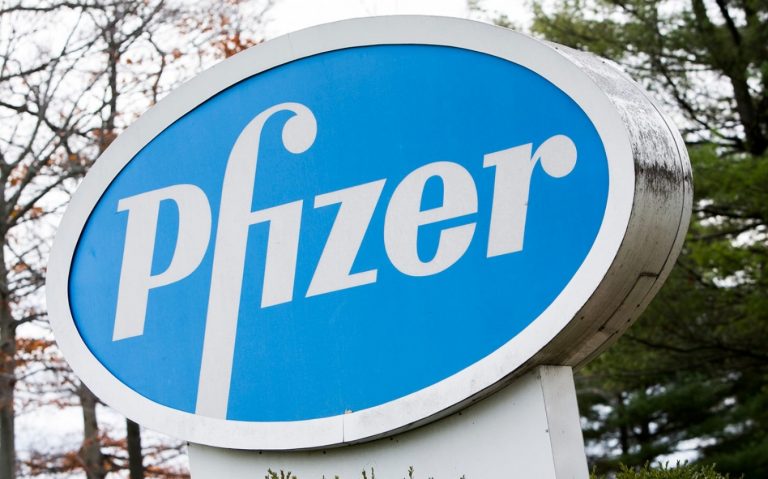
Xtandi, a cancer drug from Pfizer Inc. (NYSE:PFE) has failed to meet the primary requirements that would have endorsed its continued use. A phase 4 study found that the blockbuster fell short of enhancement in progression-free survival (PFS) in patients with chemotherapy-naïve metastatic castration-resistant prostate cancer (CRPC). Pfizer and Astellas Pharma Inc closed on Xtandi-maker Medivation Inc (NASDAQ:MDVN) in September, parting with $14 billion after signing a global agreement that dictates joint development and commercialization of enzalutamide.
However, despite the negative results Mohammad Hirmand, Medivation’s interim chief medical officer says, “While the PLATO trial did not meet its primary endpoint, it is critical that we continue to focus on addressing the unmet needs of men with metastatic CRPC, who have a poor prognosis despite treatment advances. We will continue to analyze these data to better understand the results with the goal of further helping these patients.”
The Plato study was Xtandi Combined With Johnson & Johnson’s (NYSE:JNJ) Zytiga Against Xtandi Alone
Xtandi, which is approved by the US Food and Drug Administration, was Medivation’s main lure to potential buyers. It is an androgen receptor inhibitor that impedes various steps in the androgen receptor signaling pathway within the tumor cell. The study, which involved 500 participants, was not only about Xtandi. It also included a combination of the cancer drug with Johnson & Johnson’s Zytiga. This meant to avoid the cycling off of Xtandi when PSA levels progressed. However, neither the Xtandi-plus-Zytiga combo proved its efficacy in keeping cancer at bay.
According to analysts, the drug, which was bought in $595 million may not ratchet upwards as per expectations by the market-watchers. Notably, Zytiga’s marginal market-share losses to Xtandi had fallen to 1%, and this has been linked to Xtandi’s growth period, which is experiencing a slowdown.
But urologists have not been using Xtandi at the levels Medivation wanted
The failure of Xtandi’s growth may also be associated with urologist’s stoppage in its use, yet they treat a significant portion of prostate cancer patients. However, Leerink Partners analyst Geoffrey Porges notes that if the study results were positive, they would have pointed out the way to extended durations of Xtandi use in urology.
Nonetheless, despite all this Xtandi achieved a $1.87 billion overall in last year’s sales. Projections have it that it could hit $4.78 billion by 2020, a move that will make it one of the world’s top drugs by then. Meanwhile, Pfizer’s stock closed at $32.75 a fall of $0.07 or 0.21%.




